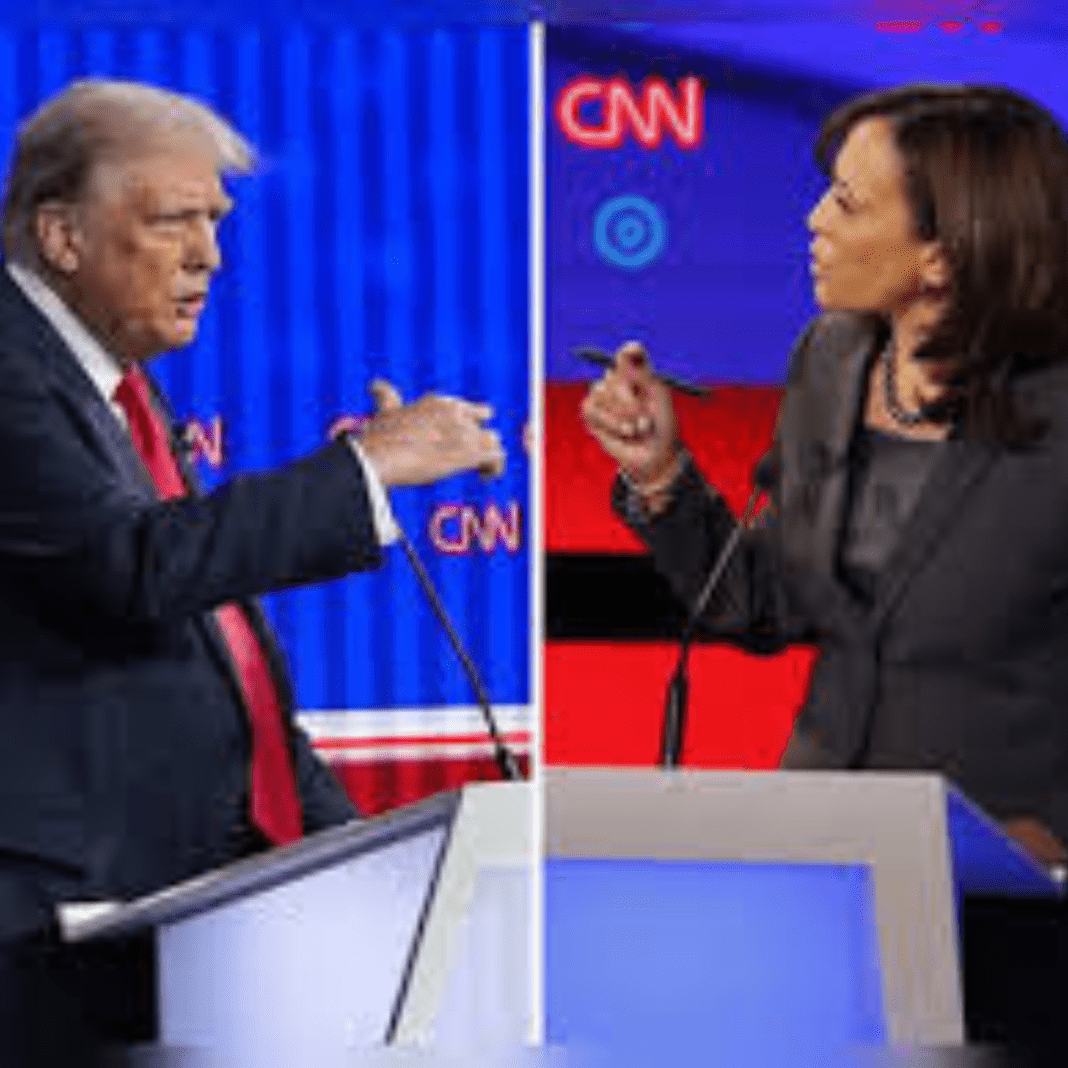Kamala Harris and Donald Trump return to the campaign trail on Thursday, each zeroing in on vital battleground states. Harris, buoyed by a strong performance in their recent debate, seeks to capitalize on this momentum as she attempts to sway undecided voters. The debate, watched by 67 million viewers, saw Harris deliver a forceful performance that left Trump on the defensive.
Harris, 59, will stop in North Carolina, which she has recently polled even with Trump. The Charlotte and Greensboro campaign stops are designed to galvanize essential voter blocs at the end of the election season-especially Black and young voters. The ramped-up activity follows on the heels of increased political consciousness among many voters, driven by a series of events including terrorist attacks in Israel earlier this month and increased antisemitism.
Then the vice president’s campaign would project an image of progress and inclusion as a contrast from Trump, whose style has been more retrograde and often contentious. She will try to exploit the opportunity provided by the debate with policies that emphasize social justice, economic equality, and systemic reform. She should win North Carolina for her path to the presidency.
Trump Shifts Focus to Economy
Meanwhile, 78-year-old Donald Trump shifts his campaign platform to economic issues as he embarks on a journey to Tucson, Arizona. Trump’s game plan underlines his administration’s economic successes against the current status of the U.S. economy under the Biden Administration. Arizona was one of the battleground states during the 2020 election, which Biden won by about 10,000 votes. Trump’s campaign wants to regain momentum in this key state with promises of economic revival and the creation of more jobs.
Swift’s Endorsement Overshadows Trump-Harris Debate
Trump’s Arizona appearance came as he faced internal strife and frustration among his team. With critics saying that Trump was not making a proper response to Harris’s debate points, now Trump’s campaign needed a reassessment of what was working and what wasn’t. But Trump was sticking to messages of inflation, job losses, and border security, which would keep appealing to his base.
Swing State Strategies and Upcoming Challenges
As the campaign heats up, Harris and Trump are zeroing in on the swing states that are pivotal for their paths to victory. North Carolina and Arizona rank among the most vital battlegrounds, where literally every vote counts. In light of her recent debate performance and her campaign rallies, Harris is trying to make firmer grounds in North Carolina and Arizona and to address issues that really matter to the voters in these states.
In North Carolina, Harris’s mobilization strategy focuses on energizing diverse voter groups, such as young and minority voters, who are crucial for her victory. The shifting dynamics in this state, along with recent electoral trends, make North Carolina an important swing area. For Harris, the ability to hold and expand support in North Carolina will be central to her overall electoral strategy.
In Arizona, Trump zeroes in on the economy in hopes of clawing back what Biden won for himself during the election year of 2020. Undoubtedly, he will make the current state of the economy, especially the job market and the state of the housing sector, key talking points. But Trump needs to find a way to assuage concerns among voters while overcoming repercussions from his debate performance.
Impact of Recent Events and Voter Engagement
The terrorist attacks in Israel on one side and the rises in antisemitism on both are lending a degree of desperation to the political environment. The set of issues dramatically changed the thinking of the voters, especially in the Jewish communities and other elements that attach much importance to national security and international relationships. In this light, sensitive issues such as these will be challenging to handle, but Harris and Trump will also have to attend to domestic concerns.
The campaign strategies hint that the candidates are in an effort to respond to the changing political environment. Harris has been focused on social justice and policies of inclusion as opposed to Trump, who has kept his focus on economic issues and national security. The debate and response to events made by the candidates within the past few days will mold them in their approach towards the final push of the campaign.
Expert Opinion
Discussing the implications of this debate and strategy by the candidates is Associate Professor of Rhetoric, Politics, and Culture at University of Wisconsin-Madison Dr. Allison M. Prasch. Her analysis would explain how these recent events and debate performances shape voter perceptions and at the same time alter the dynamics of campaigns.
In forging ahead, Harris and Trump will be tested in abilities to carve out niches in this very changing political landscape. The two will face challenges over the final months of the campaign to test not only their strategies but also how well they connect with voters to articulate the most important issues facing them.





